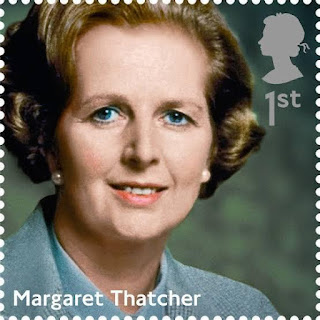Mohammed Abdel Wahab (13 March 1902 – 4 May 1991) was an Egyptian singer, composer, and actor who is considered one of the most influential figures in 20th-century Arab music. He was born in Cairo, Egypt, and began his career as a singer at a young age. He quickly gained fame for his powerful voice and emotional performances.
Mohammed Abdel Wahab was born on 13 March 1902,
in Bab El-Shaariya, a district of Cairo, Egypt. He grew up in a family
that loved music, and he was exposed to various genres from a young age.
He started singing and playing the oud (a Middle Eastern stringed
instrument) when he was only six years old.
Abdel Wahab’s talent was quickly recognized, and he began performing
at local events and celebrations. He then went on to study music and
voice at the Cairo Conservatory, where he learned classical Western
music as well as traditional Arabic music.
In the 1920s, Abdel Wahab started his professional career as a singer
and composer. He quickly gained popularity and became one of the most
famous musicians in Egypt and the Arab world. His unique voice and
emotive performances, combined with his talent for composing and
arranging music, made him a beloved figure.
Abdel Wahab also made a name for himself as an actor, starring in
several Egyptian films in the 1930s and 1940s. He was known for his good
looks and charisma, and his on-screen presence helped popularize him
even further.
Throughout his career, Abdel Wahab collaborated with many other
famous musicians and singers, including Umm Kulthum, who is considered
the “voice of Egypt.” Together, they created some of the most memorable
songs in Arab music history.
Abdel Wahab continued to perform and compose music until his death on 4 May 1991. He left behind a rich legacy of music that continues to be celebrated and enjoyed by people all over the world.









